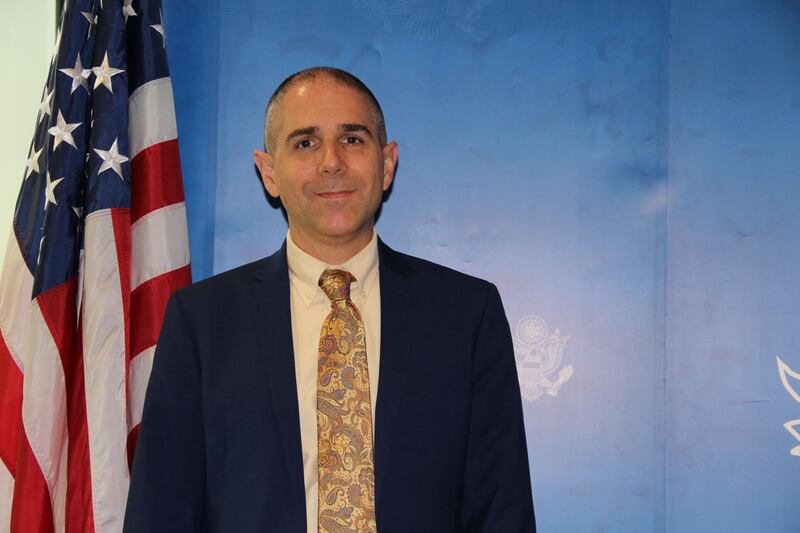Back in June, thousands took to the streets of the US in protest at the Supreme Court's decision to uphold Donald Trump's anti-Muslim travel ban. Still, the US president declared it a "victory" and a "vindication". These events offered an insight to the polarisation of America, which has pushed voters to the extremes and brought with it a torrent of Islamophobic sentiment.
Against that backdrop, it easy to understand why the number of Middle Eastern students pursuing their academic careers in the US has declined. The travel ban might only have applied to five Muslim-majority countries, but talented minds across the Arab world are beginning to look elsewhere.
According to the Institute of International Education, 2017 saw an 8.4 per cent drop in the number of Middle Eastern students moving to the US, while the UAE's own contingent declined for the first time in a decade.
There are several factors at play, including fewer scholarships, as well as improved opportunities elsewhere – such as in Canada and Australia – and at home. Indeed, the number of institutions of higher learning in the UAE has increased from one to 70 since 1976. But the news that some Muslim students in the US now fear for their safety beyond their university walls is both damning and tragic.
In an effort to make amends, US assistant secretary at the Bureau of Consular Affairs, Carl Risch, speaking in Abu Dhabi on Monday, made overtures to UAE students, claiming "all are welcome, regardless of religion, race, ethnicity or language". His minimisation of the travel ban follows a pattern of US officials attempting to mitigate the worst excesses of their president.
But, in many ways, the damage has already been done. First to suffer will be institutions themselves, because foreign students often pay double the tuition of domestic students and bring in an estimated $39 billion a year. But on a deeper level, education plays a powerful role in bridging cultural divides.
As a result, US society at large will lose out if unprecedented hostility towards Muslims continues to keep Middle Eastern talent away.





